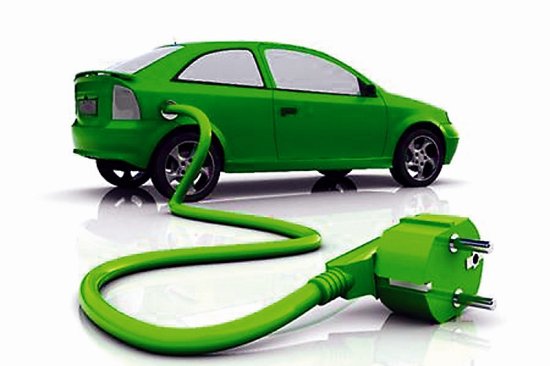Germany’s
car manufacturer giants Volkswagen and Daimler have both recently made
agreements with Chinese enterprises to strengthen their presence in China’s AEV
market and boost production of green cars. These steps reflect the rush of
foreign enterprises to increase zero-emission car sales in China, as the country
is getting strict regarding environmental protection.

The
biggest car manufacturer in the world, Germany’s Volkswagen, has received the
approval by Chinese regulators to create a joint venture with Chinese Anhui
Jianghuai Automobile Group. Hence, the both companies will work together to establish
a project, which plans to build about 100,000 alternative energy vehicles (AEV)
for VW.
China
is the biggest market for electric cars sales globally, with all the big car
manufacturers are competing to get their share in this emerging market.
Volkswagen has done a big step with the approval for joint venture, which strengthens
the position of this already biggest foreign car manufacturer in China.
The
new joint venture will be the third kind for VW as the car manufacturer from
Wolfsburg has already an established joint venture with China FAW Group and
SAIC Motor. The German automaker was able to lead the world market in passenger
car sales, especially with a large number of these vehicles built in China. As
a fact, the Joint Ventures with the two Chinese car enterprises were able to
build about 3 million cars in China in nine production plants 2016.
This
is what makes the approval very special. Normally, foreign car makers are only
allowed to have maximum two partnerships with Chinese enterprises. However, the
National Development and Reform Commission approved even the third joint
venture for Volkswagen, giving a huge advantage for the company.
When
the last regulatory obstacles are done, the 50-50 joint venture can be
implemented and is expected to begin production in 2018. Included in the
agreement is the construction of a new factory and an additionally research and
development center. According to the contract, the joint venture will last for
25 years.
Besides
the project of building 100,000 AEV, the two companies also want to work
together in the development and production of components for alternative energy
vehicles.
Volkswagen
recently has made bad news by needing to recall hundred thousand of its Golf
and Sagitar brands in China due to a headlight fuse defect. This problem has
endangered headlight failure, which caused the Chinese General Administration
of Quality Supervision, Inspection and Quaratine to announce this measurement.
China’s
government is in favor for this agreement, since it means more cleaner and
cheap cars for the heavily polluted Chinese country. Li Keqiang, China’s Premier,
said recently in a meeting with German Chancellor Angela Merkel, that China is continuously
providing German automobile firms a good environment to sell cars in China.
China is working hard on aiming to reduce carbon emissions significantly by the
year 2030.

The
biggest competitor in China’s AEV market, Tesla, has no partnership with any
local domestic car enterprise in China yet. However, Elon Musk has recently
visited Chinese Premier Minister Wang Yang, which may indicate the efforts of
Tesla to get into a Joint Venture with Chinese car manufacturer in the near
future.
Daimler
is also expanding investments and presence in China’s alternative energy
market. The company has reached an agreement with Chinese BAIC to build their
AEV in China domestically. As part of the agreement, Daimler will also investy
in Beijing Benz Automotive to enhance the facilities, enabling them to produce AEVs
in China.
At
present, the Beijing facility of Daimler only produces conventionally powered
Mercedes models. However, it plans to set up a separate line in the factory for
electric vehicles for Daimler which aims to launch over 10 new electric cars in
China by 2022.
The
rush of car makers to invest in China’s AEV market is also connected to the zero-emission
vehicles mandate of the country, which requires the share of at least 8% of new
car sales are zero-emission cars in 2018. The number will furthermore grow to
12% by 2020. Recent efforts of the car lobby was able to convince China to
postpone the mandate for one year, but still car manufacturers have a hard time
to reach this number in the near future.
CCM
believes this cooperation is of great significance to the development of both
Chinese and German automobile industries. The Chinese government’s approval of
Volkswagen and Mercedes-Benz to respectively establish their third joint
venture in China in the AEV industry demonstrates its increasing emphasis and
recognition on the development of domestic leading AEV brands.
About CCM
CCM is the leading market intelligence provider for China’s agriculture, chemicals,
food & ingredients and life science markets.
Do
you want to find out more about the energy and AEV market in China? Try our
Newsletters and Industrial Reports or join our professional online platform today and get insights in Reports, Newsletter, and Market Data at one place.
For
more trade information of batteries, including Import and Export analysis as
well as Manufacturer to Buyer Tracking, contact our experts in trade analysis to get your answers today.